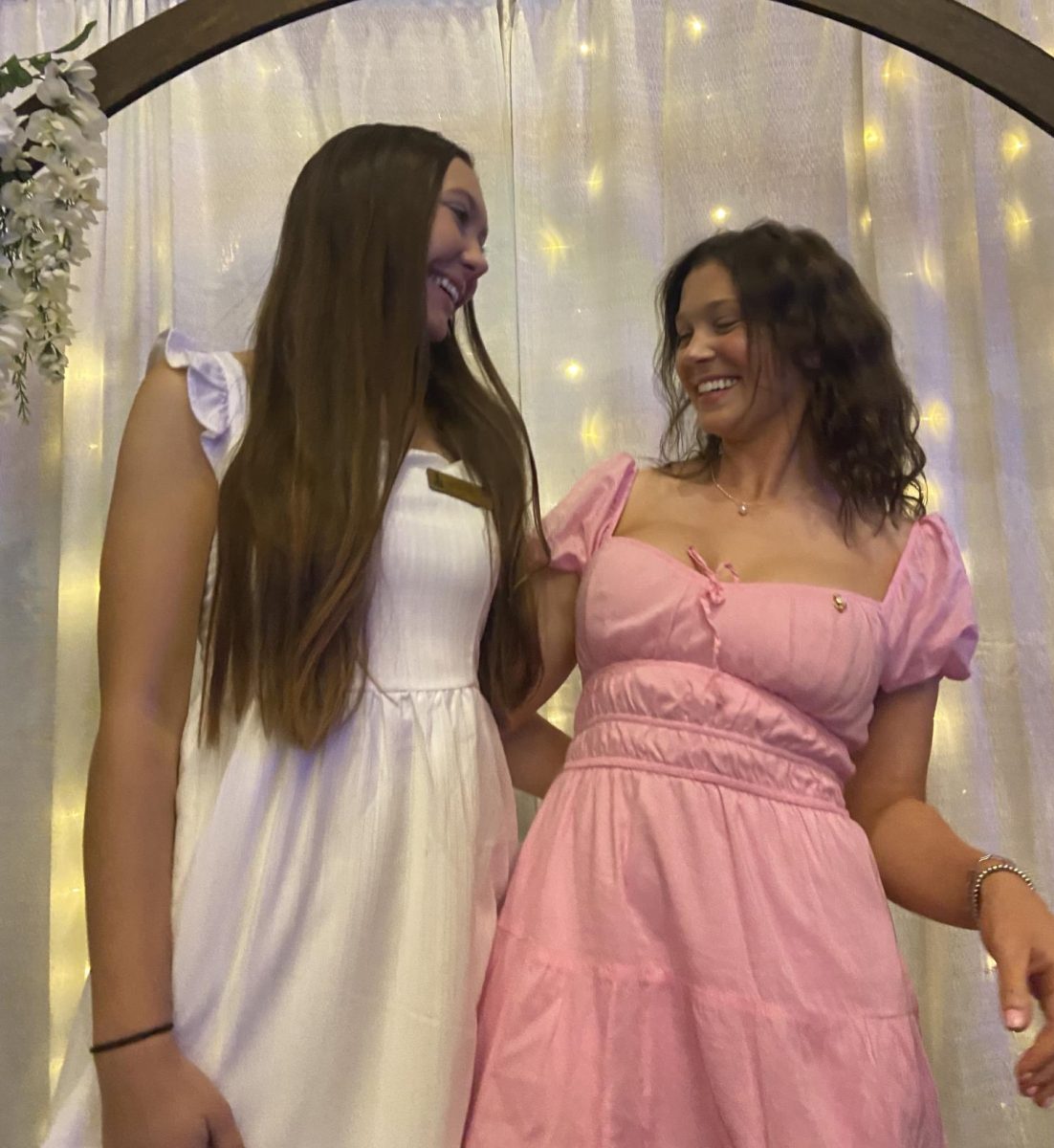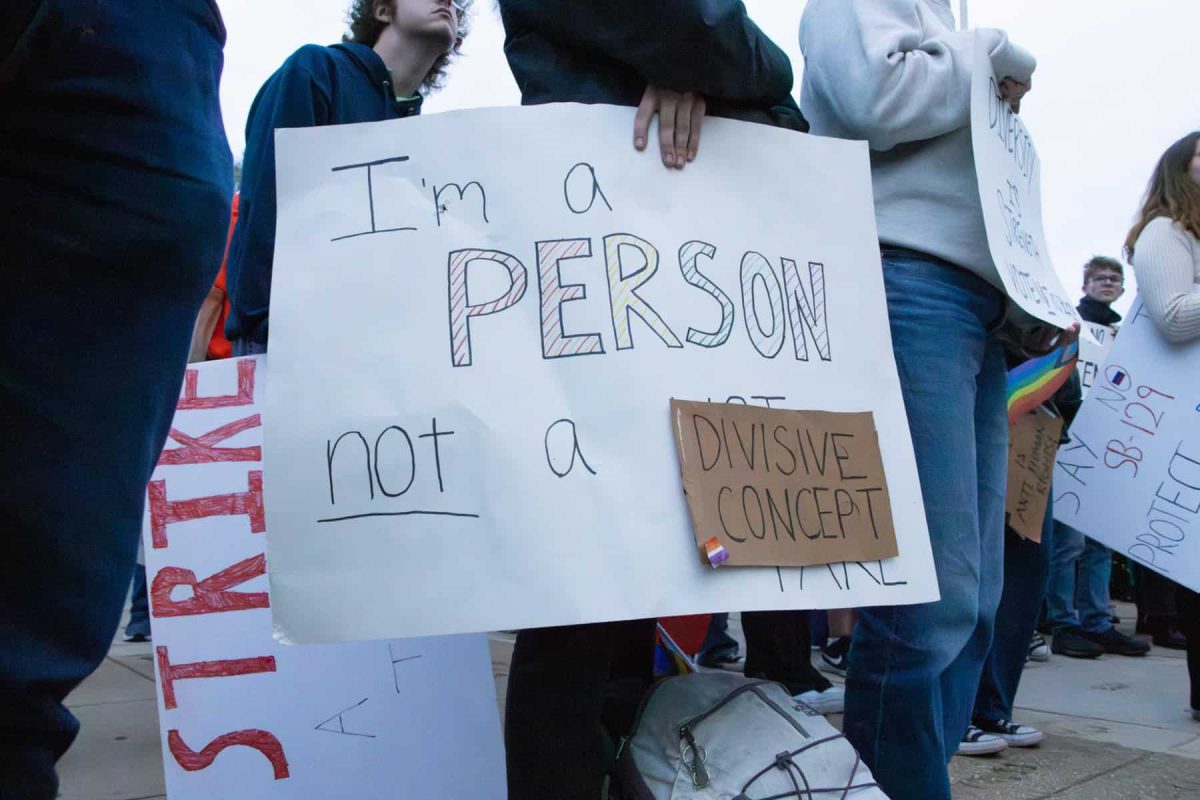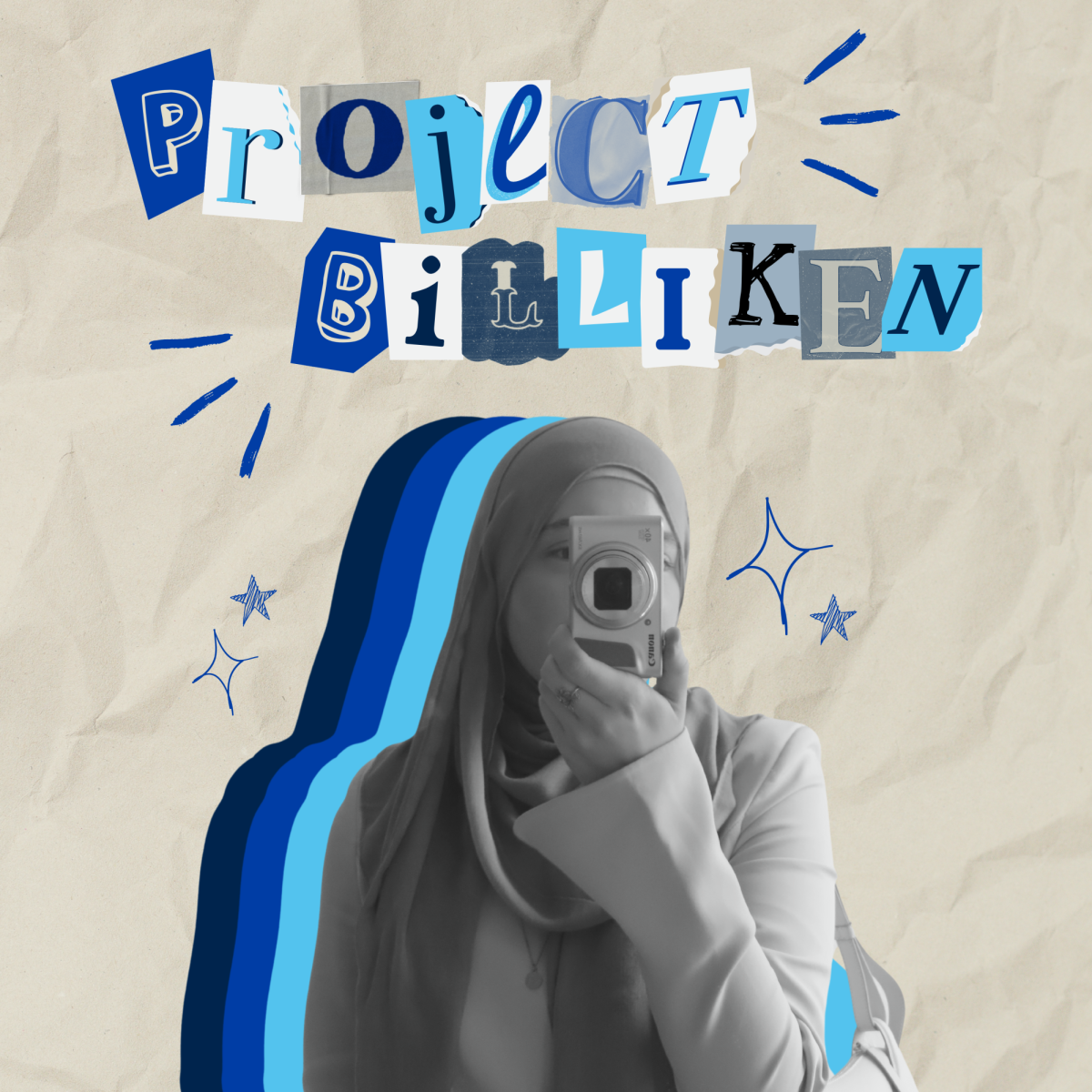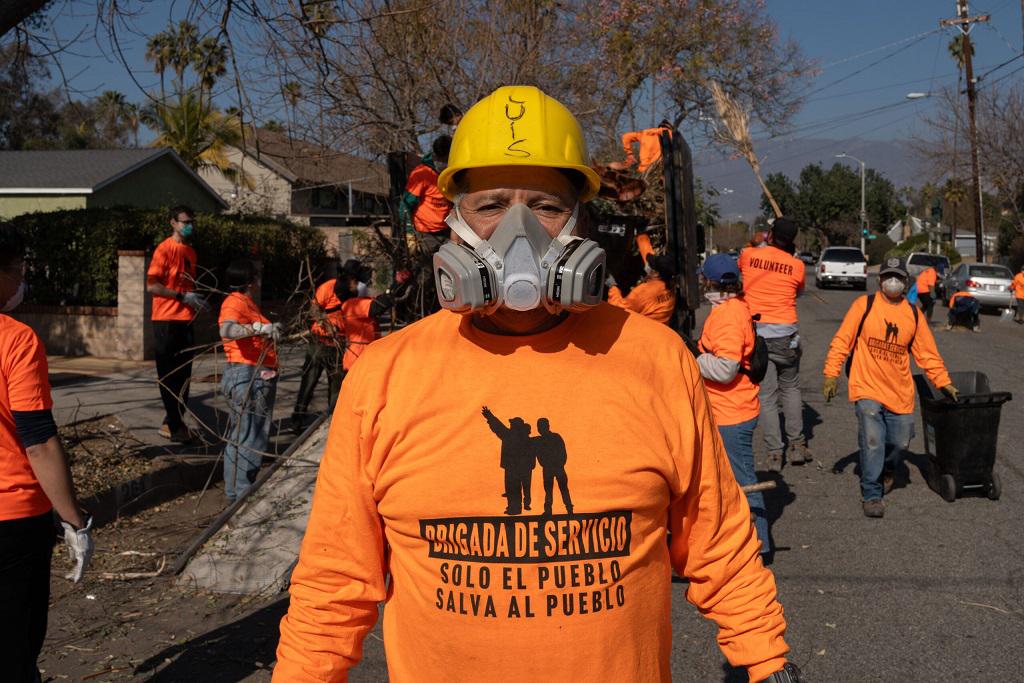These past two weeks have been marked by the terrible disaster that has occurred in Haiti, and it has made me think. Really think. It has made me think about what it means to have a house, what it means to drive on a smoothly paved road and what it means to fall asleep every night in a warm bed with a glass of clear, fresh water on the nightstand.
It means a lot more than we give it credit. Sometimes, we get so caught up in our everyday problems, our schedules, our routines, that we don’t take time to really think about what it all means.
My Spanish host señora, Maripaz, was close friends with a French teacher from Africa who would come to Spain to visit every other summer. Maripaz would save things that the girls from the university left behind at the end of their semesters—gently used creams, half-empty bottles of shampoo, pencils, notebooks that have blank pages left, old shoes and sweaters, aspirin, Tylenol, Band-Aids. When my señora’s friend came to visit Spain, she would take suitcases filled with them back to Africa.
It is an interesting philosophical issue—the meaning that certain material possessions have for different people. When I finished my studies in Spain, I left behind three bags to make room for all the new fashion items I had purchased during the year.
Ironically, I still stand in front of my almost bursting closet and complain that I have nothing to wear before going out. When my grandmother was here, she would jokingly tell me that it was easy when she was growing up in then-socialist Bulgaria. “I only had two dresses. One for home and one for going out. The first time I went to study in the city I was afraid to go out for two weeks because everyone would know I was a country girl from looking at my shoes.”
I think about what I might tell my daughter, ‘Well, honey, I had a nice cell phone, a laptop, a GPS and a new car. Man, it was tough!’
Sometimes when I leave a light on or take an unnecessarily long shower or throw away a half-full bottle of water, I feel uneasy. Something stirs inside me, because I know that there are people who need that water right now and I wonder. I’m afraid that someday I, too, might need it just as desperately.
When I think about all of this, when I put my life into a global perspective, all of my troubles, my worries, seem trivial and that famous Celia Cruz song runs through my head: “Oh, oh, oh, no hay que llorar; que la vida es una carnaval, y las penas se van cantando” (roughly translated: There’s no reason to cry; life is a carnival, and all sadness goes away with a song).
Dorotea Lechkova is a senior in the College of Arts and Sciences.














